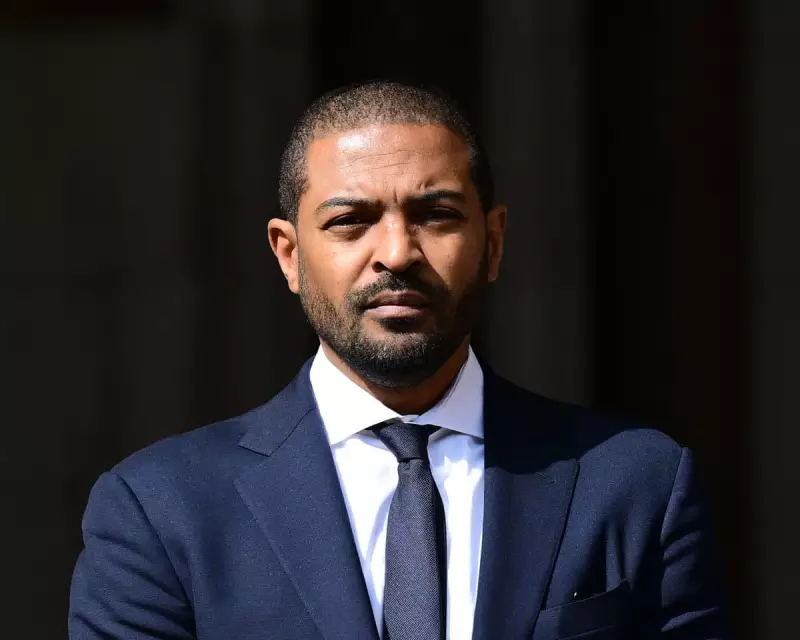
A seismic High Court judgment has sent shockwaves through British journalism, raising alarm that a fundamental pillar of democracy—a free press—is under direct threat.
The ruling centres on the libel case brought by actor Noel Clarke against The Guardian newspaper. The court found in Clarke's favour regarding several allegations of misconduct that the publication could not prove to the civil standard. However, the profound implications of the judgment extend far beyond this single case, potentially crippling the ability of the media to investigate and report on matters of significant public interest.
A 'Chilling Effect' on Public Interest Journalism
Legal experts and editors are warning of a 'chilling effect' that this precedent could create. The core function of the press is to hold power to account, often relying on sources who are fearful of coming forward. This judgment risks erecting a formidable legal barrier that could deter victims from speaking out and publishers from investigating serious claims against powerful figures.
The case underscores the immense difficulty media organisations face when reporting on complex allegations, where evidence may be nuanced, historical, or reliant on multiple sources who cannot be named in court.
The Unseen Cost of Legal Battles
Beyond the precedent, the sheer financial ruin threatened by such lawsuits is itself a powerful silencer. The prospect of multi-million-pound legal costs, even for a publication that successfully defends a claim, can make editors think twice before green-lighting vital public interest investigations. This creates a landscape where only the wealthiest entities can safely engage in robust journalism, while others may be forced into silence.
A Call to Defend a Free Press
This ruling is not merely a legal technicality; it is a stark reminder of the fragile ecosystem that supports accountability journalism. The ability to report on allegations against influential individuals—in the entertainment industry, politics, or business—is a cornerstone of a transparent society. If that ability is legally and financially neutered, it is the public, and the pursuit of truth, that ultimately loses.





